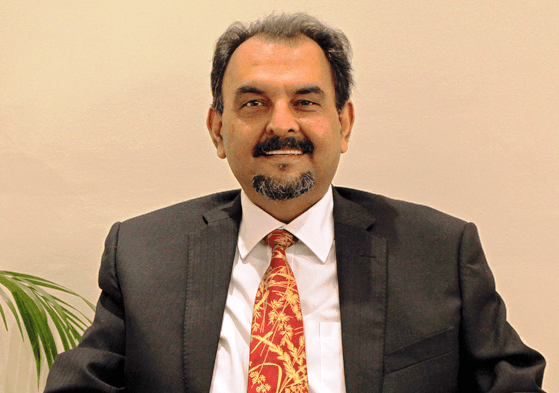By The Weekly Vision Team
Fresh details have emerged explaining why Azimio leader Raila Odinga and President William have so far skipped South Africa in their campaigns for the African Union Commission Chair. Sources have told The Weekly Vision that even though President Cyril Ramaphosa of South Africa happens to be a close ally of Mr Odinga, his party, the African National Congress (ANC), is encountering formidable challenges in its bid to retain power in the upcoming elections slated for May this year.

According to reliable sources, both Mr Odinga and President Ruto have been advised to avoid visiting South Africa for now due to the ongoing campaigns in that country, where sources say the ANC party has slim chances of retaining power. South Africa’s opposition leader Julius Malema’s Economic Freedom Fighters (EFF) and former president Jacob Zuma’s uMkhonto weSizwe Party (MK) are said to be doing very well on the campaign trail.
The president has been advised not to dismiss the opposition party’s chances of winning in the next elections. It is also important to acknowledge that Mr. Malema is well-informed about Mr. Odinga’s strong ties with President Ramaphosa. Furthermore, a recent public spat by Mr Malema against President Ruto’s administration during his visit to Kenya has not helped matters. It was suggested by the president’s handlers that the president should not visit South Africa until after the elections.
Kenya faces a major challenge from South Africa, not only from Mr Malema but also from the influential former South African president Jacob Zuma. The potential formation of a coalition by Mr Zuma and other like-minded political parties for the sole purpose of defeating the ANC party in the coming elections has made President Ruto and Raila Odinga exercise caution against taking sides between President Ramaphosa and ex-president Jacob Zuma and Mr Malema. According to analysts, in the event the opposition claims victory in the May polls, both Kenyas could face significant challenges in persuading the incoming president to endorse Raila’s AUC bid.
The decision by Kenya to abstain, discuss, or even approach South Africa, for now, marks a notable shift from the country’s previous approach to the elections in that country, obviously because, for the first time, there is uncertainty surrounding who will be the next president in South Africa. In the 2019 election, the African National Congress only managed to secure 57.5% of the vote, its lowest percentage since assuming power in 1994.
There is widespread speculation regarding President Ramaphosa’s two potential courses of action to maintain power. If the election results in May fall below 50%, the ANC will probably need to form a coalition with smaller political parties for the first time to effectively govern the nation.
Secondly, President Ramaphosa has introduced a different viewpoint to the party’s National Executive Committee (NEC), proposing the idea of transitioning to an opposition stance in the event of failing to secure a majority in the May elections, as opposed to pursuing coalitions.
The ANC leadership is facing a major challenge following the recent ruling by South Africa’s Electoral Court, which permitted former president Jacob Zuma to contest in the upcoming general election. This ruling has nullified a previous decision that had prevented Zuma from running in the elections.
For beginners, Mr. Zuma, a former leader of the ANC, held the position of South African president for two terms. Nevertheless, president Ramaphosa relationship with his successor, Cyril Ramaphosa deteriorated badly leading him to play a pivotal role in establishing the uMkhonto weSizwe Party (MK) in early 2023. This vibrant political party takes its name from the ANC’s previous military wing.
New findings from reputable pollsters indicate that MK has emerged as a potentially significant player in the upcoming elections. A recent poll suggests that the embattled ANC may only manage to secure 37% of the vote in the forthcoming polls.





